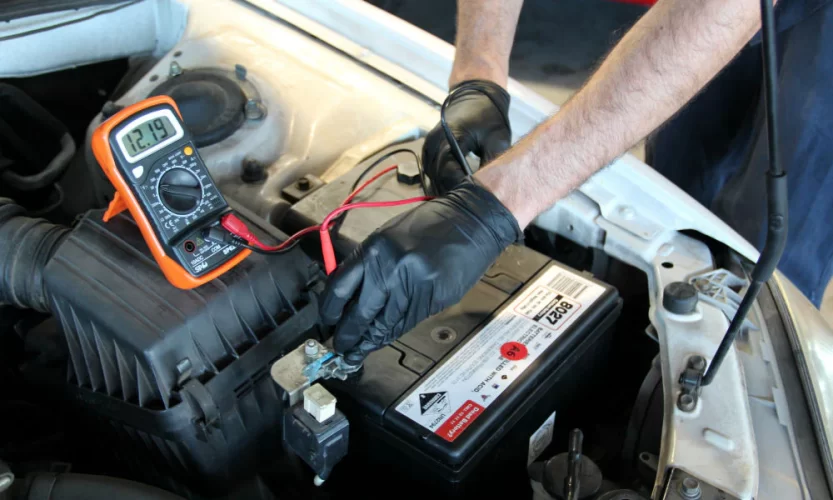A car battery doesn’t ask much. It sits under the hood, quiet, steady, and necessary. Then, one morning, the car won’t start. Suddenly, it becomes the most important part of the vehicle.
So how much should you pay for a new one?
The answer depends on a few simple things—vehicle type, battery size, and quality.
Most car batteries cost between $100 and $250.
That range covers most drivers. Compact cars take smaller batteries. Trucks and SUVs use larger ones. Luxury models often require batteries with more advanced features.
Price alone, though, doesn’t tell the full story. Here’s what it does:
1. Battery Type Matters
- Lead-acid batteries are the standard. They’re reliable and affordable. Expect to pay between $100 and $150.
- AGM (Absorbent Glass Mat) batteries cost more—usually $175 to $250. But they last longer, handle extreme temperatures better, and support advanced electronics.
For modern cars with stop-start systems or lots of tech, AGM is often required.
2. Brand and Warranty
Top brands like Optima, Interstate, and DieHard charge more—but they back it up with strong warranties. A three-year warranty is standard. Some offer four or five. Paying $30 more now could save hundreds later.
3. Installation Costs
Some shops charge to install; others don’t. Dealerships may include labor in the price. Auto parts stores might install it free if you buy the battery there. If you’re handy, it’s possible to do it yourself—but skip it if you’re unsure.
Installation costs usually run $20 to $50.
So what’s the bottom line?
Here’s a simple breakdown:
- Economy models (lead-acid): $100–$130
- Mid-range (premium lead-acid or entry-level AGM): $140–$180
- High-end AGM or specialty batteries: $190–$250
- Installation fee (if applicable): $20–$50
When comparing, consider the total cost over the battery’s life. A cheaper one may die faster, especially in extreme heat or cold. Investing in quality could mean fewer jumps and less hassle down the road.
Also, prices vary by region. In places like Thailand, the average car battery price (ราคา แบตเตอรี่ รถยนต์, which is the term in Thai) reflects local taxes, import fees, and service rates.
Tips for Saving Money:
- Check your warranty before buying. It might still cover a free replacement.
- Test before replacing. Sometimes, it’s just a loose cable or corrosion.
- Buy online, pick up in-store. Many retailers offer discounts this way.
- Recycle the old battery. Most stores give a core charge refund, often $10 to $20.
A dead battery ruins mornings. A good one restores peace. Spend wisely, not unthinkingly. A fair price isn’t just about dollars—it’s about not being stranded when you need to move.

